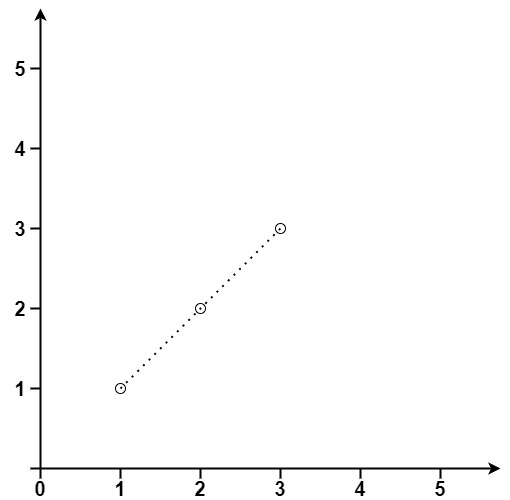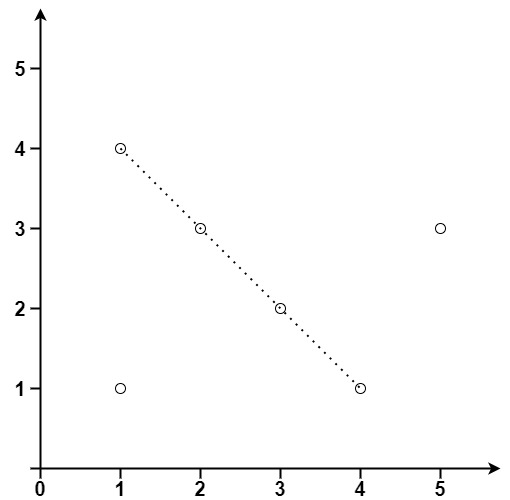2022-06-16
Description
Input
["Solution", "shuffle", "reset", "shuffle"]
[[[1, 2, 3]], [], [], []]
Output
[null, [3, 1, 2], [1, 2, 3], [1, 3, 2]]
Explanation
Solution solution = new Solution([1, 2, 3]);
solution.shuffle(); // Shuffle the array [1,2,3] and return its result.
// Any permutation of [1,2,3] must be equally likely to be returned.
// Example: return [3, 1, 2]
solution.reset(); // Resets the array back to its original configuration [1,2,3]. Return [1, 2, 3]
solution.shuffle(); // Returns the random shuffling of array [1,2,3]. Example: return [1, 3, 2]Solution
Approach #0
Approach #1
Description
Solution
Approach #0: Fast ans slow pointer
Description
Solution
Approach #0
Description
Solution
Approach #0
Last updated

